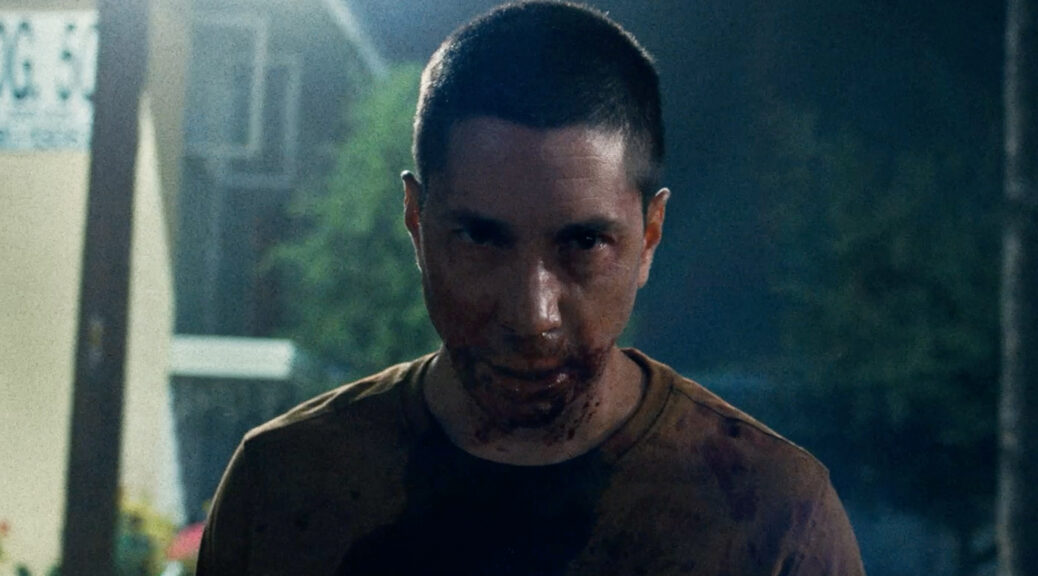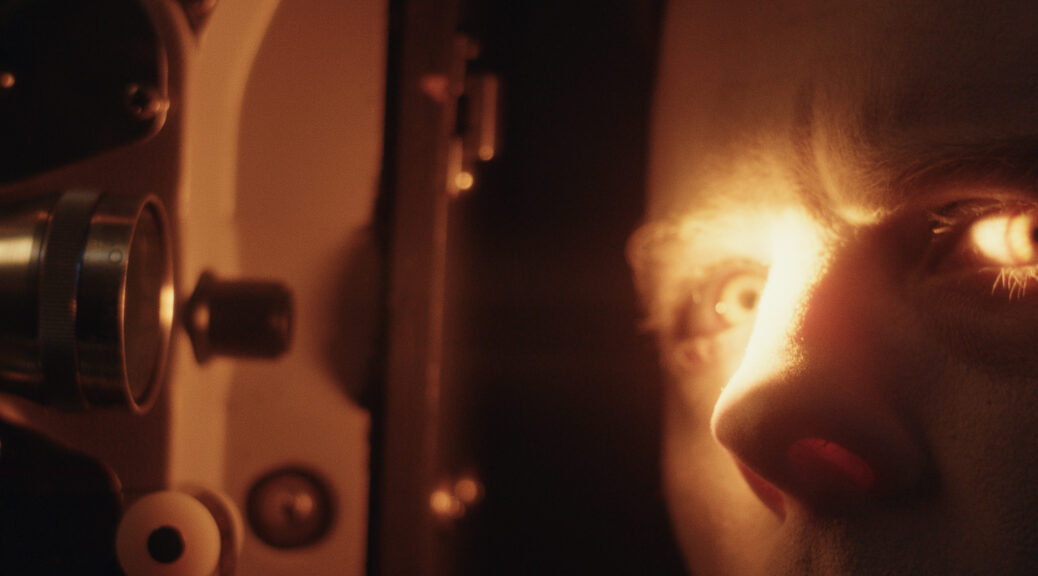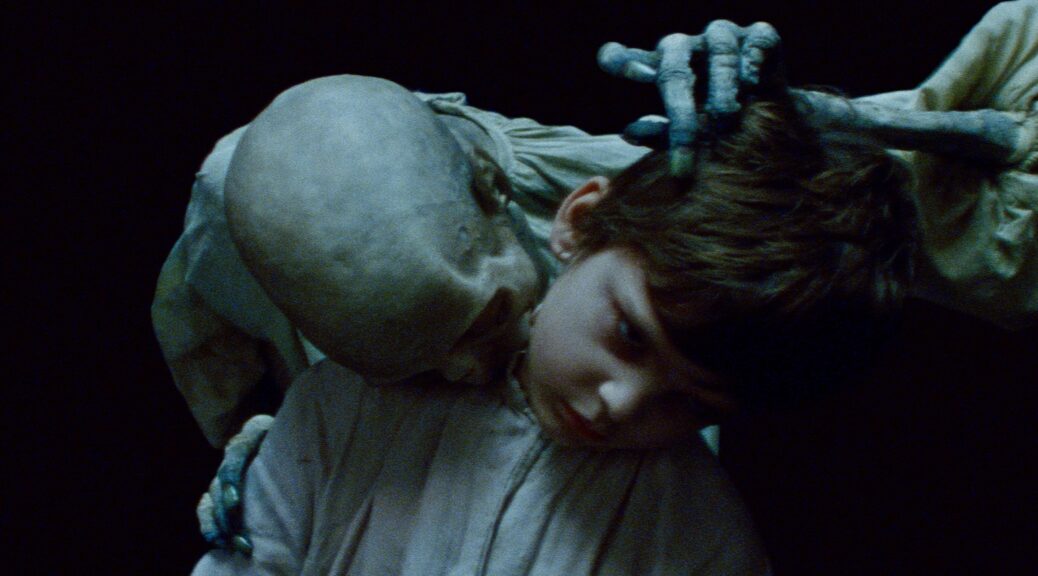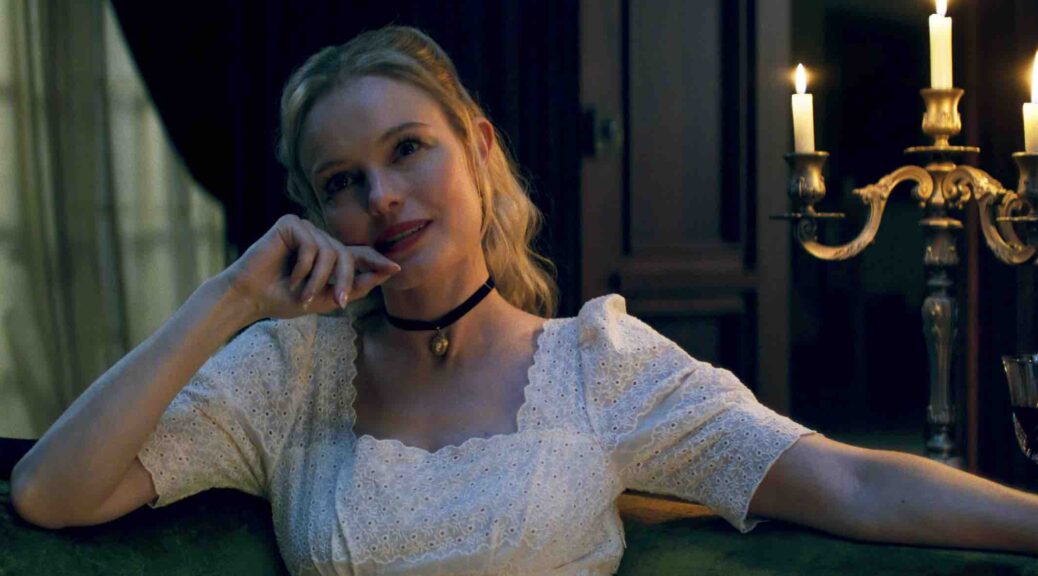Night Patrol
by Hope Madden
Crime drama, social commentary, action flick, vampire movie—Night Patrol bites off a lot. But since director Ryan Prows and writers Tim Cairo, Jack Gibson and Shaye Ogbonna’s last teaming combined an organ harvesting crime caper with the life of a luchador, it shouldn’t come as a surprise.
Night Patrol opens on a young man (RJ Cyler) bleeding from a weapon still poking out of his ribs. He’s in police custody, sitting across from a nonplussed LAPD officer (Nick Gillie), who’d like him to explain himself.
Prows then flashes back a couple of days, introducing the young man, the girl he loves, and the LA cops known as Night Patrol. What follows is an allegory about white supremacy dressed up as some kind of higher calling but behaving as bloodthirsty beasts.
Apt, particularly after what we all witnessed in Minneapolis last Wednesday night.
Justin Long co-stars as a cop looking to get to the bottom of whatever it is Night Patrol is up to, and he’ll go to some regrettable means to meet those ends. But he hopes to be remembered as “one of the good ones”.
It’s unfair to compare Prows’s film with the similarly themed Sinners because it’s unfair to compare any film at all with Ryan Coogler’s masterpiece. Prows’s ire is focused on the here and now, and probably bears a closer resemblance to Bomani J. Story’s 2023 film The Angry Black Girl and Her Monster as well as Remington Smith’s 2025 festival favorite LandLord.
The theme is clear-eyed and relevant: Systemic racism in the U.S. is monstrous, its willing participants are monsters.
Prows solicits game performances from Cyler, Long, and especially Nicki Micheaux who dominates every scene she’s in, as only her character could.
Where Night Patrol falters is in its wild mix of tones and genres. For all its bloodsucking, this is no horror film. The violence is action violence, but even that is sometimes lost in the loonier, funnier moments. The rival gang is preoccupied with supernatural entities, including Lizard Men, giving the film a bizarre sense of humor that doesn’t fully fit.
The hodgepodge approach to genre hampers its castmates—Cyler, in particular—from finding a suitable performing style. Long is custom designed for this character, and Micheaux elevates the material, but with no discernable genre, Night Patrol leaves you a little dizzy.















